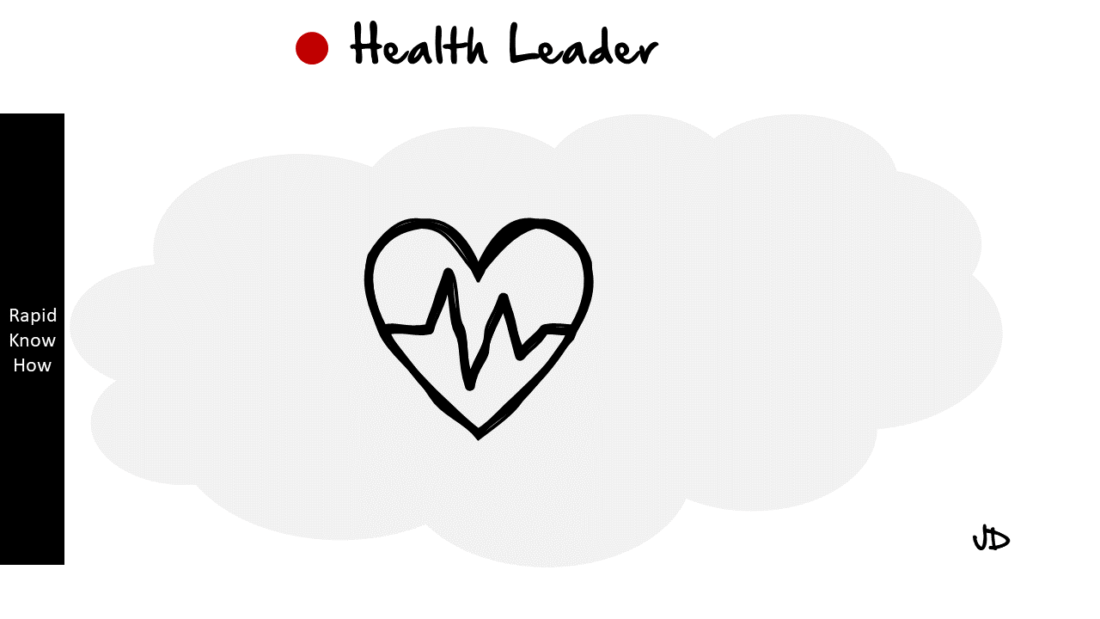7 Tips to Improve Heart and Lung Capacity
Improving heart and lung capacity is essential for overall cardiovascular health and fitness. Here are some tips to help you improve your heart and lung capacity:
1. Cardiovascular Exercise: Engage in regular aerobic exercises such as running, cycling, swimming, or brisk walking. These activities increase your heart rate and breathing rate, improving your heart and lung capacity over time. Aim for at least 150 minutes of moderate-intensity aerobic exercise or 75 minutes of vigorous-intensity exercise per week.
2. Interval Training: Incorporate interval training into your workouts. This involves alternating between high-intensity bursts of exercise and periods of active recovery. Interval training challenges your cardiovascular system, helping to improve heart and lung capacity more effectively than steady-state cardio.
3. Strength Training: Include strength training exercises in your fitness routine. Building muscle strength can improve overall cardiovascular fitness by reducing the strain on your heart during physical activity. Focus on compound exercises that target multiple muscle groups, such as squats, lunges, deadlifts, and push-ups.
4. High-Intensity Interval Training (HIIT): HIIT workouts involve short bursts of intense exercise followed by brief recovery periods. These workouts can be highly effective in improving heart and lung capacity. However, they should be approached with caution and gradually increased in intensity to avoid overexertion or injury.
5. Breathing Exercises: Practice deep breathing exercises to improve lung capacity and efficiency. Diaphragmatic breathing, also known as belly breathing, involves inhaling deeply through your nose, allowing your belly to rise, and exhaling slowly through your mouth. This technique helps expand your lung capacity and improves oxygen exchange.
6. Maintain a Healthy Lifestyle: Adopting a healthy lifestyle can significantly contribute to improving heart and lung capacity. This includes eating a balanced diet rich in fruits, vegetables, whole grains, and lean proteins, avoiding smoking and excessive alcohol consumption, and getting enough sleep.
7. Gradual Progression: It’s important to gradually increase the intensity and duration of your workouts to avoid overexertion or injury. Start with manageable levels of exercise and gradually increase the intensity, duration, or frequency over time. Listen to your body and give yourself adequate rest and recovery periods.
Remember to consult with a healthcare professional before starting any new exercise program, especially if you have any underlying health conditions or concerns. They can provide personalized guidance and recommendations based on your specific needs and goals.




